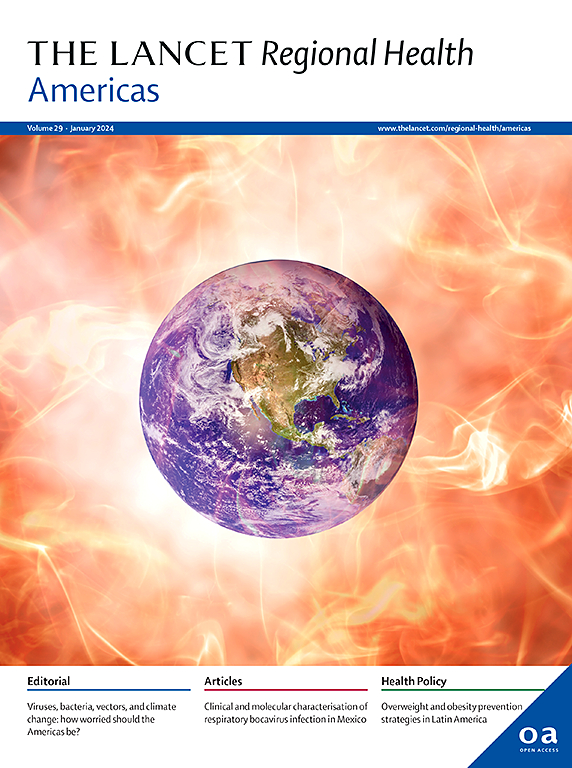扩大加拿大的保健能力:受过国际培训的医生的潜力
IF 7
Q1 HEALTH CARE SCIENCES & SERVICES
引用次数: 0
摘要
加拿大的医疗保健系统正面临着严重的医生短缺,导致数百万加拿大人难以获得基本的初级和专科护理。尽管在医疗保健方面进行了大量投资,但加拿大在拥有足够的医生来满足患者需求方面仍落后于其他经合组织国家。劳动力规划不足、人口老龄化和医生职业倦怠加剧加剧了这场危机,迫使更多的患者依赖急诊部门进行基本护理,从而推高了成本,降低了服务质量。受过国际培训的医生(ITPs)是一种重要但未得到充分利用的资源。然而,他们遇到了许多障碍,包括限制性的许可实践,住院医师名额不足,以及偶尔重视培训时间超过临床表现或证明能力的认证系统。为了解决这些紧迫的挑战,加拿大应该扩展基于能力的认证方法,建立现有的实践准备评估计划,为itp创造更多的实习机会,并减少官僚主义障碍。立即采取措施进行这些改革,将改善医疗保健服务,改善患者的治疗效果,并确保加拿大医疗保健的长期可持续性。本文章由计算机程序翻译,如有差异,请以英文原文为准。
Expanding healthcare capacity in Canada: the potential of internationally trained physicians
Canada's healthcare system is facing a severe shortage of doctors, leaving millions of Canadians struggling to access essential primary and specialist care. Despite substantial investment in healthcare, Canada still falls behind other OECD countries in having enough physicians to meet patient needs. This crisis, fueled by inadequate workforce planning, an aging population, and increasing physician burnout, has forced more patients to rely on emergency departments for basic care, driving up costs and reducing quality of service. Internationally trained physicians (ITPs) represent a significant yet underutilized resource. However, they encounter numerous barriers, including restrictive licensing practices, insufficient residency spots, and accreditation systems that occasionally value training length more than clinical performance or demonstrated competency. To address these urgent challenges, Canada should expand on competency-based accreditation methods, build on existing Practice Ready Assessment programs, create more residency placements for ITPs, and reduce bureaucratic hurdles. Taking immediate steps toward these reforms will improve healthcare access, patient outcomes, and ensure long-term sustainability of healthcare across Canada.
求助全文
通过发布文献求助,成功后即可免费获取论文全文。
去求助
来源期刊

Lancet Regional Health-Americas
Multiple-
CiteScore
8.00
自引率
0.00%
发文量
0
期刊介绍:
The Lancet Regional Health – Americas, an open-access journal, contributes to The Lancet's global initiative by focusing on health-care quality and access in the Americas. It aims to advance clinical practice and health policy in the region, promoting better health outcomes. The journal publishes high-quality original research advocating change or shedding light on clinical practice and health policy. It welcomes submissions on various regional health topics, including infectious diseases, non-communicable diseases, child and adolescent health, maternal and reproductive health, emergency care, health policy, and health equity.
 求助内容:
求助内容: 应助结果提醒方式:
应助结果提醒方式:


